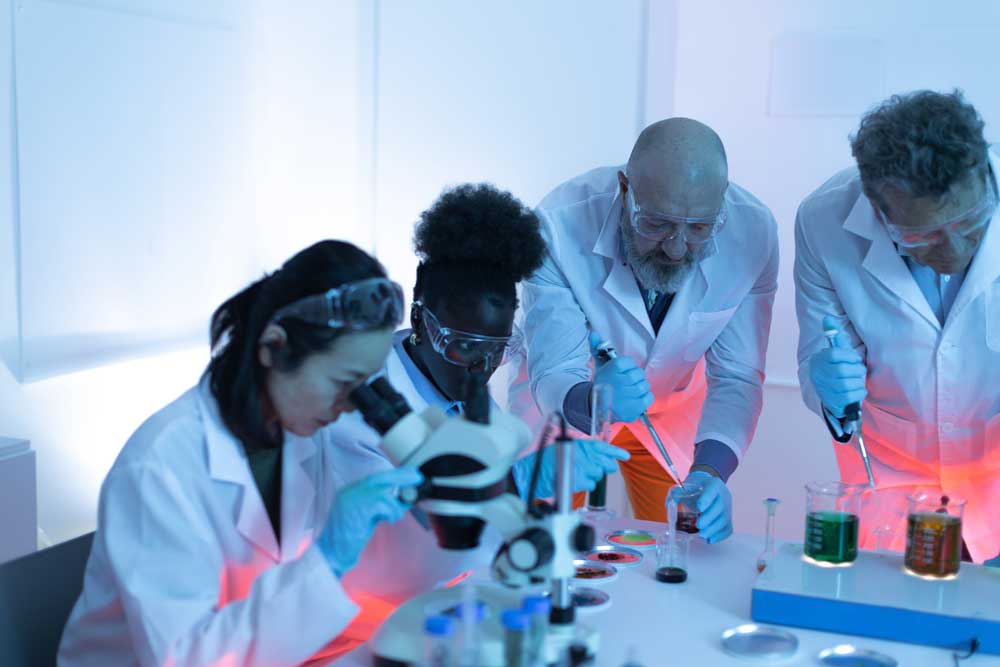Introduction
This essay explores the revolutionary impact of penicillin, a major scientific discovery that transformed medical practice and significantly improved human life. Discovered in 1928 by Alexander Fleming, penicillin marked the dawn of the antibiotic era, providing an effective treatment for bacterial infections that were once fatal. Through the lens of science communication in English studies, this essay examines the historical context of penicillin’s discovery, its profound influence on healthcare, and the broader societal implications. By analyzing credible academic sources, the discussion will also highlight some limitations of this groundbreaking innovation, offering a balanced perspective on its role in modern medicine.
Historical Context and Discovery
The discovery of penicillin emerged at a time when bacterial infections such as pneumonia and sepsis posed significant threats to human health, often resulting in high mortality rates. Alexander Fleming, a Scottish bacteriologist, stumbled upon the substance while working at St Mary’s Hospital in London. Noticing that a mould, later identified as Penicillium notatum, inhibited the growth of Staphylococcus bacteria on a petri dish, Fleming published his findings in 1929 (Fleming, 1929). However, it was not until the early 1940s, through the collaborative efforts of Howard Florey and Ernst Chain at Oxford University, that penicillin was purified and mass-produced for clinical use (Ligon, 2004). This marked a turning point in medical science, as penicillin became the first widely available antibiotic, saving countless lives during World War II by treating wounded soldiers.
Revolutionizing Healthcare
Penicillin’s introduction fundamentally altered the treatment of bacterial infections, reducing mortality rates and enabling medical advancements previously deemed impossible. Before antibiotics, even minor injuries could lead to fatal infections due to the lack of effective treatments. With penicillin, conditions such as tuberculosis and syphilis became manageable, significantly extending life expectancy (Bud, 2007). Moreover, the drug facilitated safer surgical procedures by minimizing the risk of post-operative infections, thus paving the way for complex operations. Indeed, penicillin’s impact transcends individual health, as it reshaped public health policies, with governments and institutions prioritizing antibiotic research and accessibility. As Ligon (2004) notes, the antibiotic era ushered in a newfound optimism in medical science, demonstrating the potential of scientific innovation to address pressing human challenges.
Limitations and Societal Implications
Despite its transformative effects, penicillin is not without limitations, particularly concerning the rise of antibiotic resistance. Overuse and improper administration have led to the emergence of resistant bacterial strains, posing a significant global health threat (Davies and Davies, 2010). This issue underscores the need for responsible usage and ongoing research into alternative treatments. Furthermore, while penicillin improved healthcare access in many regions, disparities remain, with low-income countries often struggling to obtain essential antibiotics (Bud, 2007). From a societal perspective, the discovery also raises ethical questions about pharmaceutical profiteering and the equitable distribution of life-saving drugs, debates that continue to shape medical policy today.
Conclusion
In conclusion, the discovery of penicillin stands as a landmark scientific achievement that revolutionized human life by transforming the treatment of bacterial infections. Its historical significance, from Fleming’s initial observation to its wartime application, highlights the power of scientific inquiry. However, challenges such as antibiotic resistance and unequal access remind us of the limitations of even the most groundbreaking discoveries. Through a critical lens, it becomes evident that while penicillin has saved millions of lives, its legacy also prompts reflection on broader ethical and societal issues in healthcare. Ultimately, this discovery exemplifies how science, when communicated and applied effectively, can profoundly shape human existence, though it requires continuous stewardship to sustain its benefits.
References
- Bud, R. (2007) Penicillin: Triumph and Tragedy. Oxford University Press.
- Davies, J. and Davies, D. (2010) Origins and Evolution of Antibiotic Resistance. Microbiology and Molecular Biology Reviews, 74(3), pp. 417-433.
- Fleming, A. (1929) On the Antibacterial Action of Cultures of a Penicillium, with Special Reference to Their Use in the Isolation of B. influenzae. British Journal of Experimental Pathology, 10(3), pp. 226-236.
- Ligon, B. L. (2004) Penicillin: Its Discovery and Early Development. Seminars in Pediatric Infectious Diseases, 15(1), pp. 52-57.


